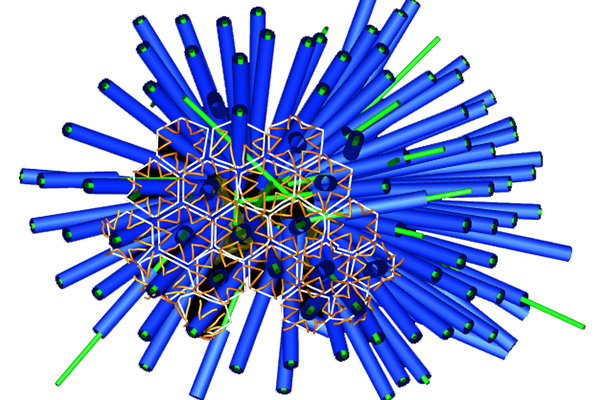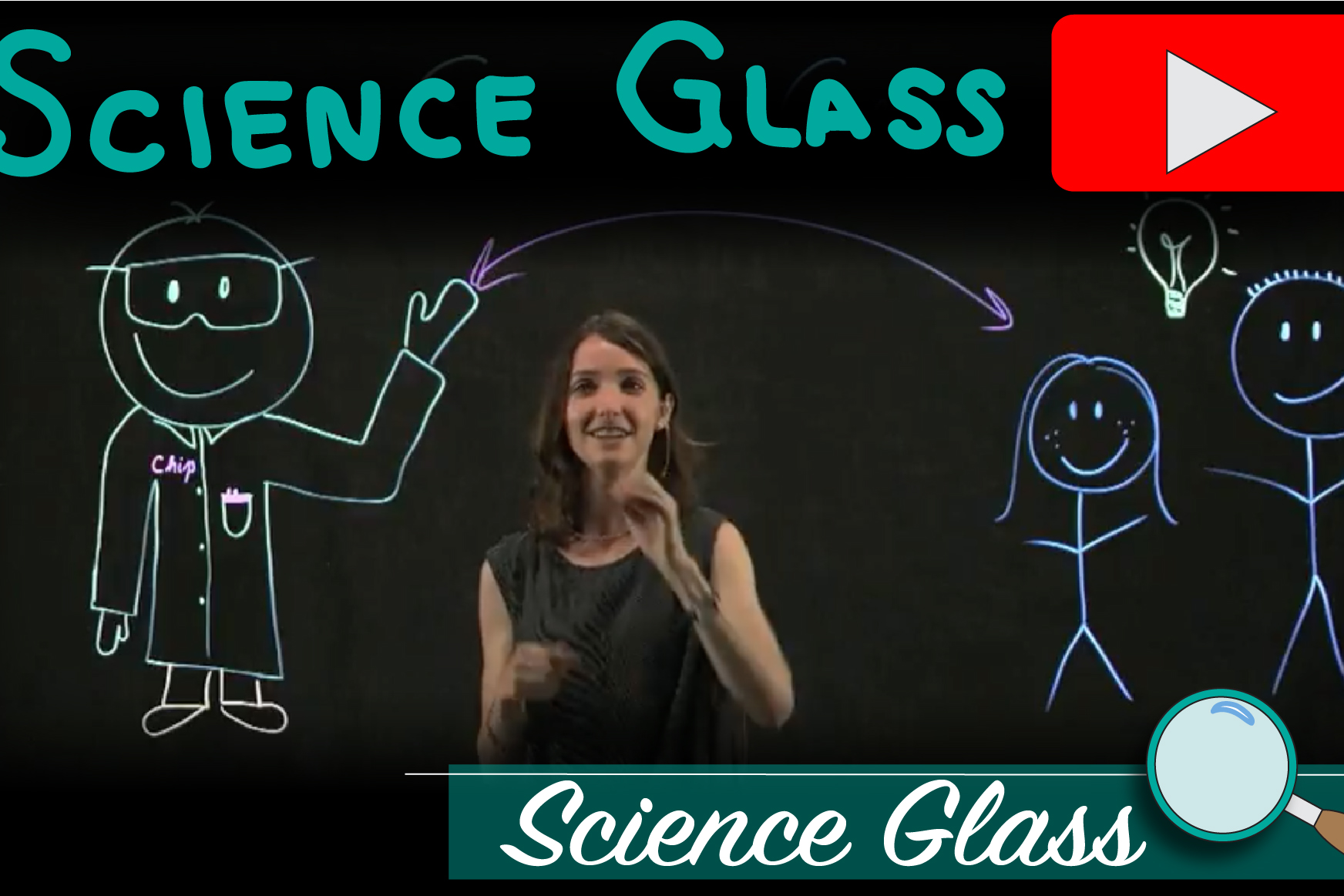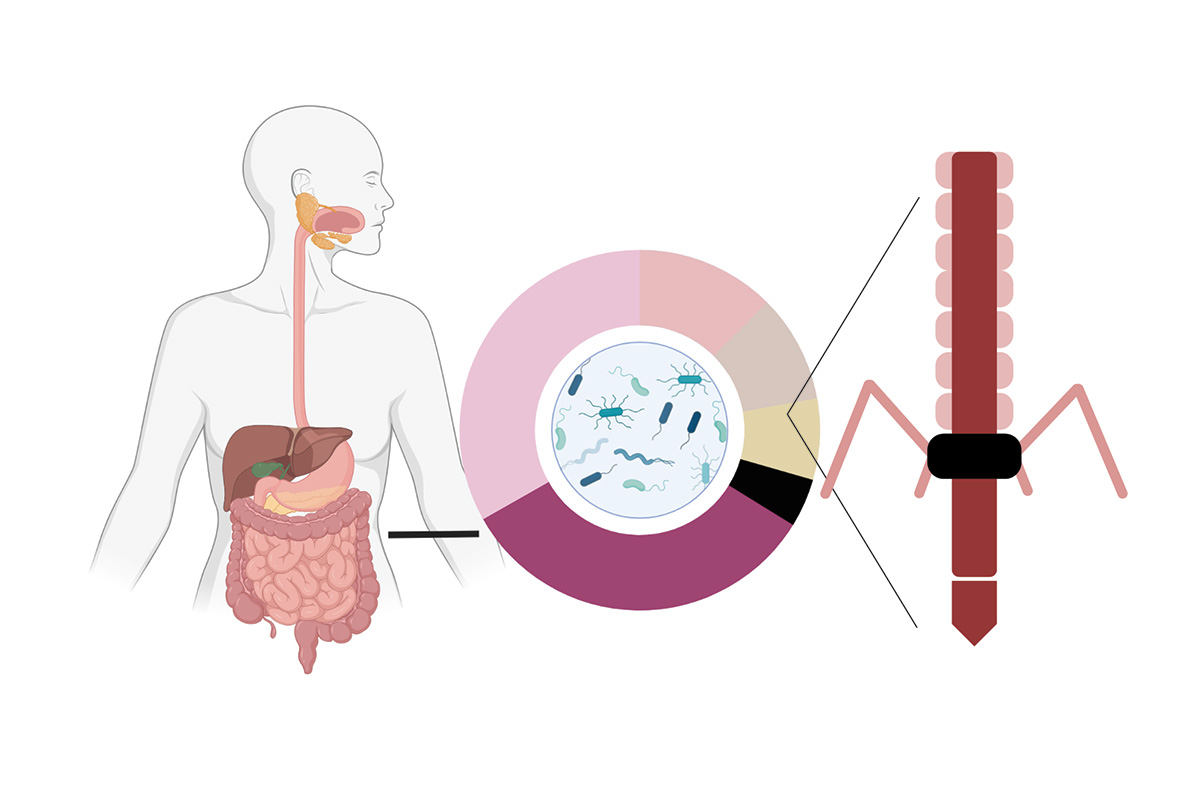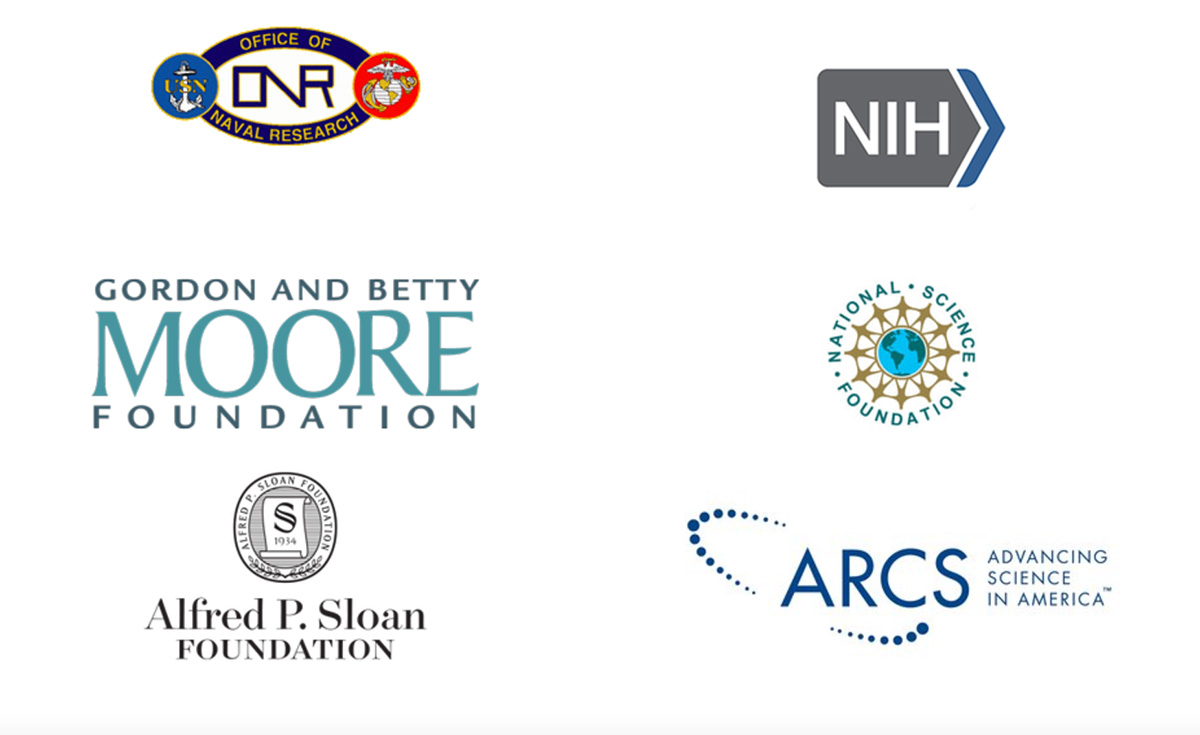Shikuma Lab Research
Research Summary
The overarching goal of the Shikuma Lab is to uncover the mechanics of bacteria-animal symbioses and bring these discoveries to the forefront of biomedical research.
Using an emerging host-microbe model, we discovered the first syringe-like structure from bacteria that stimulates the metamorphosis of an animal. Genes encoding these ancient and conserved structures called Contractile Injection Systems are found in diverse environments, including the microbiomes of nearly all adult humans.
The Shikuma Lab continues to create synergy between the historically separate fields of microbiology and developmental biology, leveraging the strengths of each field to transform insights.
Molecular Syringes from Bacteria

We discovered that bacteria produce tiny syringe-like structures that inject toxins into animal cells. These syringes could someday be harnessed for biotechnology purposes to deliver therapeutics to human cells.
Science Glass
An online platform for sharing scientific research with short and simple presentations.

Scientists currently lack a centralized location where short and simple presentations of their work are accessible to anyone with an internet connection. Enter Science Glass; an online platform where scientists explain their research to a broad audience.
Molecular Syringes from Human Gut Bacteria

We discovered that the gut microbiomes of nearly all human adults (>99%) from the United States and Europe carry a previously undescribed contractile injection system. Our central hypothesis that this new injection system family comprise a key means of interaction between microbiome bacteria and human host.
Our Research is Funded by the Following Organizations

